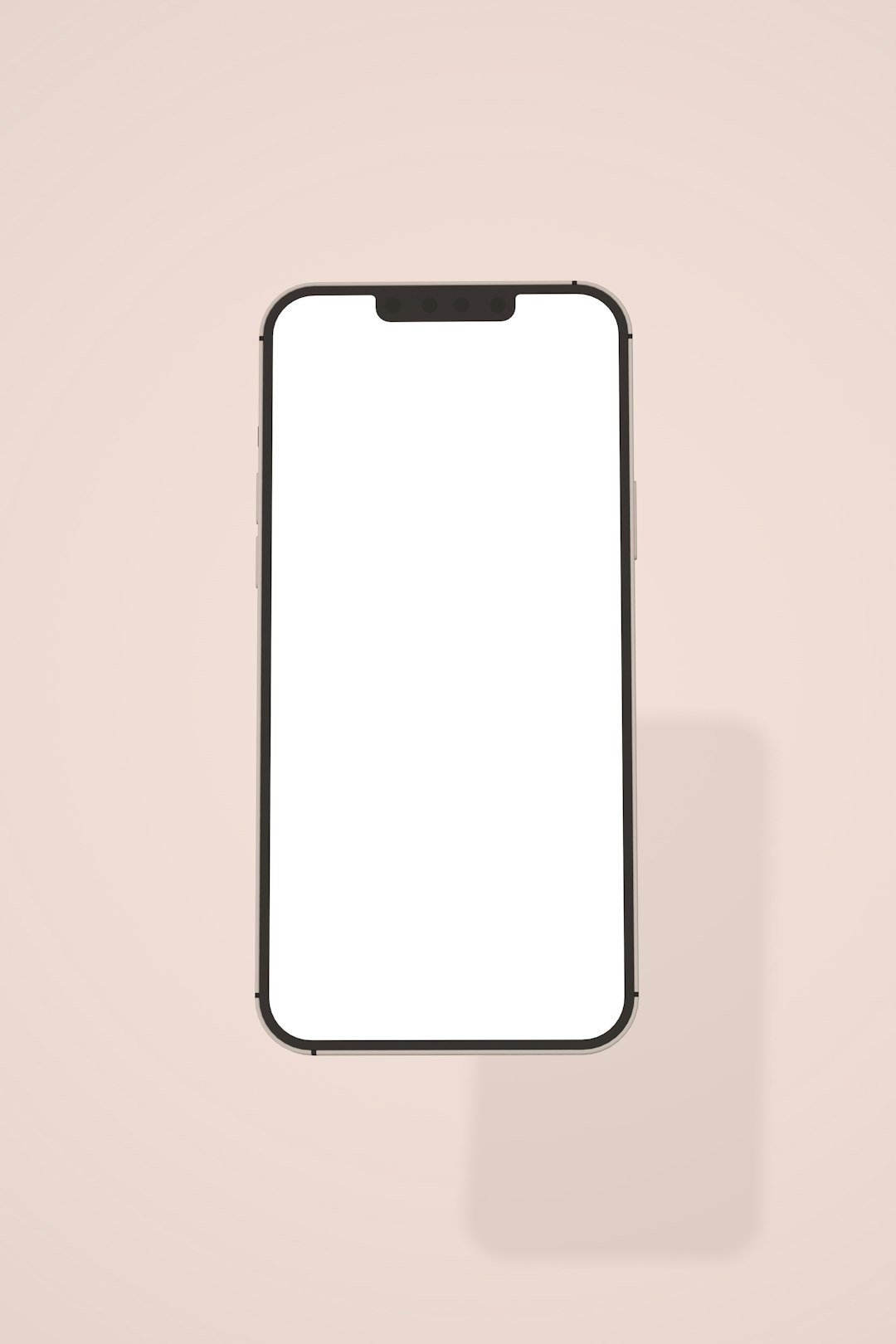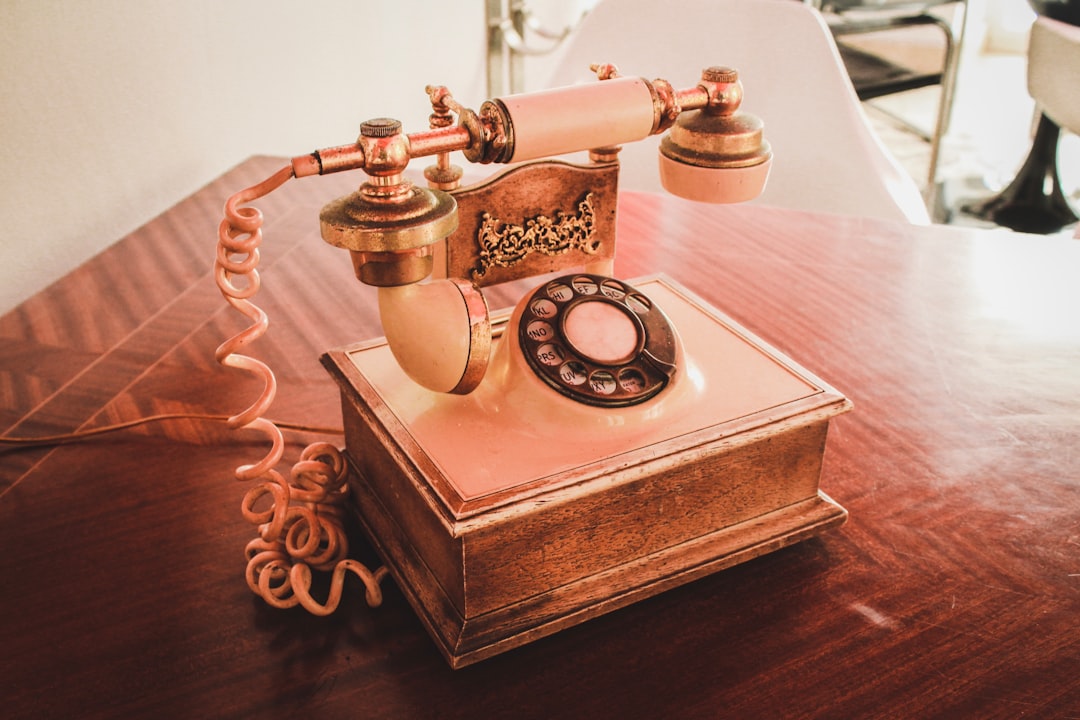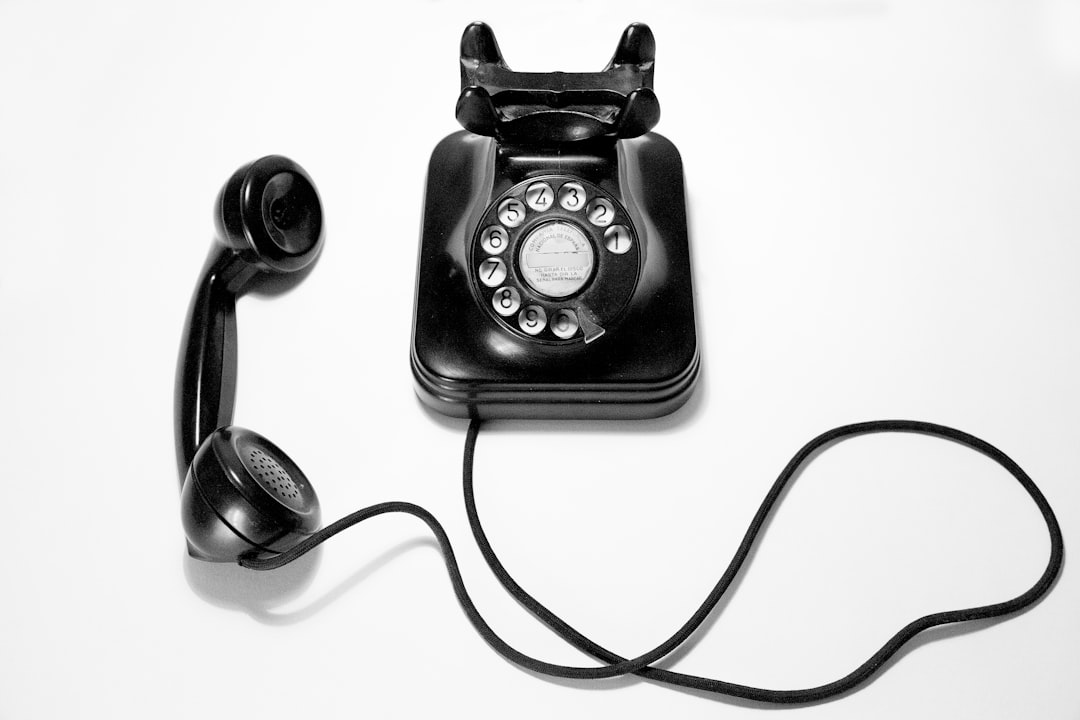In Louisiana, unwanted robocalls are a common issue, but residents have legal protections under the Telephone Consumer Protection Act (TCPA). If you've received unauthorized or harassing robocalls, you may be able to sue for compensation per violation and hold scammers accountable. Documenting call details is crucial when considering legal action against robocallers.
In the digital age, Baton Rouge residents face a growing threat from unwanted robocalls. This article delves into the “One Ring Scam,” exploring common tactics used by scammers and legal ramifications in Louisiana. We break down how to recognize these calls, understand your rights, and consider if you can take legal action against robocallers. If you’re wondering, “Can I sue for robocalls in Louisiana?” this guide provides essential insights to protect yourself.
Understanding Robocalls and Their Legal Ramifications in Louisiana

In today’s digital era, robocalls have become a ubiquitous and often annoying aspect of daily life. These automated phone calls, typically used for marketing purposes, can be particularly invasive when they involve scams or fraudulent activities. Baton Rouge residents need to be aware that making or receiving such calls comes with legal implications in Louisiana.
Under the Telephone Consumer Protection Act (TCPA), businesses are prohibited from making automated calls without prior consent, often obtained through opt-in lists. If you’ve received unwanted robocalls, you may have legal recourse. The TCPA allows individuals to take action against companies that violate these rules and potentially seek compensation for each violation. This includes the right to sue for damages, particularly if the calls caused distress or economic harm. Thus, if you’re a Baton Rouge resident who’s been targeted by fraudulent robocalls, understanding your rights is essential. Consider seeking legal advice to explore options like suing for robocalls in Louisiana, ensuring that these unwelcome intrusions don’t go unchallenged.
One Ring Scam: Recognizing the Tacticks Used by Scammers

The “One Ring” scam, also known as robocalls, has become a prevalent issue for Baton Rouge residents. Scammers use automated technology to make unsolicited phone calls, often pretending to be from legitimate organizations. They target people with promises of prizes, threats of legal action, or requests for personal information. These tactics aim to trick recipients into providing sensitive data or making purchases.
Recognizing these common tricks is essential in protecting yourself. If you receive a call claiming you’ve won a prize or that there’s an issue with your account, don’t react impulsively. Verify the caller’s identity by contacting the organization directly through official channels. Moreover, be wary of any demand for immediate action or threats of legal consequences. In Louisiana, if you feel you’ve been a victim of fraudulent robocalls, you may consider seeking legal advice and exploring options like suing for robocalls to hold scammers accountable.
Can You Take Legal Action Against Robocallers? Your Rights Explained

In the age of digital communication, robocalls have become a prevalent and often annoying nuisance. While many Baton Rouge residents may feel powerless against these automated phone calls, it’s important to know that there are legal avenues to explore if you’ve been a victim of fraudulent or harassing robocalls.
In Louisiana, as in many states, there are laws in place to protect consumers from unsolicited telephone solicitations and prerecorded messages, commonly known as robocalls. These laws give individuals the right to take legal action against robocallers if they feel their privacy has been invaded or if the calls are deemed harassing. If you’ve received robocalls promoting products or services you didn’t authorize or consent to, you may have a case. It’s advisable to document the calls, including dates, times, and any specific details about the callers’ messages. This information can be crucial when considering legal options, which may include suing the robocallers for violation of your rights under Louisiana law.






